3 Things You Should Absolutely Look for in a Probiotic
If you’re dealing with stubborn bloating, discomfort, and wondering why your probiotics aren’t helping—Hi, I’m Nour, founder and scientist behind Nutrili, and I’ve cracked the code.
I totally get it. I’ve been there myself, until I decided to roll up my sleeves—quite literally.
After pouring my frustration into some serious late-night lab sessions and going over countless clinical studies I came to the conclusion that it all goes down to three simple things you need to look for in a probiotic to help you dodge the products that just don’t cut it. And trust me, after years in the supplements industry, I can tell you these are a majority of what’s out there.
So, here’s the scoop!

Why One Strain Isn’t Enough
If you’re relying on a probiotic with just one strain, you might as well be throwing a dart in the dark.
Studies show that probiotics work through strain-specific mechanisms—basically, different strains offer different benefits. So, it makes total sense that a mix of strains can cover more ground when it comes to gut health.
If you’re truly done with bloating, cravings, or IBS, it’s time to up your game with multi-strain formulas. One strain just isn’t going to cut it!
👉For the geeks 👩🏼🔬👨🏼🔬:
Probiotics Fact Sheet for Health Professionals.
How Long Does It Take for Probiotics to Work?
Your Probiotic Might Be Missing a Crucial Component
Here’s a little gut health reality check: if you’re skipping out on prebiotics, you might be throwing your gut bacteria off balance.
Prebiotics and probiotics might seem a bit similar, but they’re different pieces of the same puzzle. Think of prebiotics as the “fuel” for your probiotics—because even the best runners need their snacks!
So, make sure your probiotic has its prebiotic sidekick to really get things going!
👉For the geeks 👩🏼🔬👨🏼🔬:
All you need to know about Prebiotics and Probiotics.
More is More!
Alright, let’s talk CFUs! When it comes to probiotics, the dosage you take can make or break your gut health game. Colony-forming units, or CFUs, simply tell you how many live bacteria are in each dose of probiotics.
Sure, 1 to 2 billion CFUs might sound impressive, but it might not be enough to give you real improvements in your gut health. According to a Cochrane study, you’re better off with 5 billion CFUs or more to really tackle those tummy troubles.
Think of it this way: while you could pop multiple capsules to hit those CFU levels, it’s way easier (and more effective) to go for a supplement that’s already packed with a higher CFU count. Your gut will thank you!
👉For the geeks 👩🏼🔬👨🏼🔬:
Probiotics for the prevention of pediatric antibiotic‐associated diarrhea
Probiotics for Gastrointestinal Conditions: A Summary of the Evidence
Patience, friends!
For the best results, I recommend starting your day with two Happy Tummy gummies on an empty stomach, about 30 minutes before your first meal. Stick with it daily for at least three months, and your gut will be over the moon.
Oh—and while you're at it, here are some quick tips to help calm that bloating today.
Here’s to smarter choices and giving your gut the love it deserves!
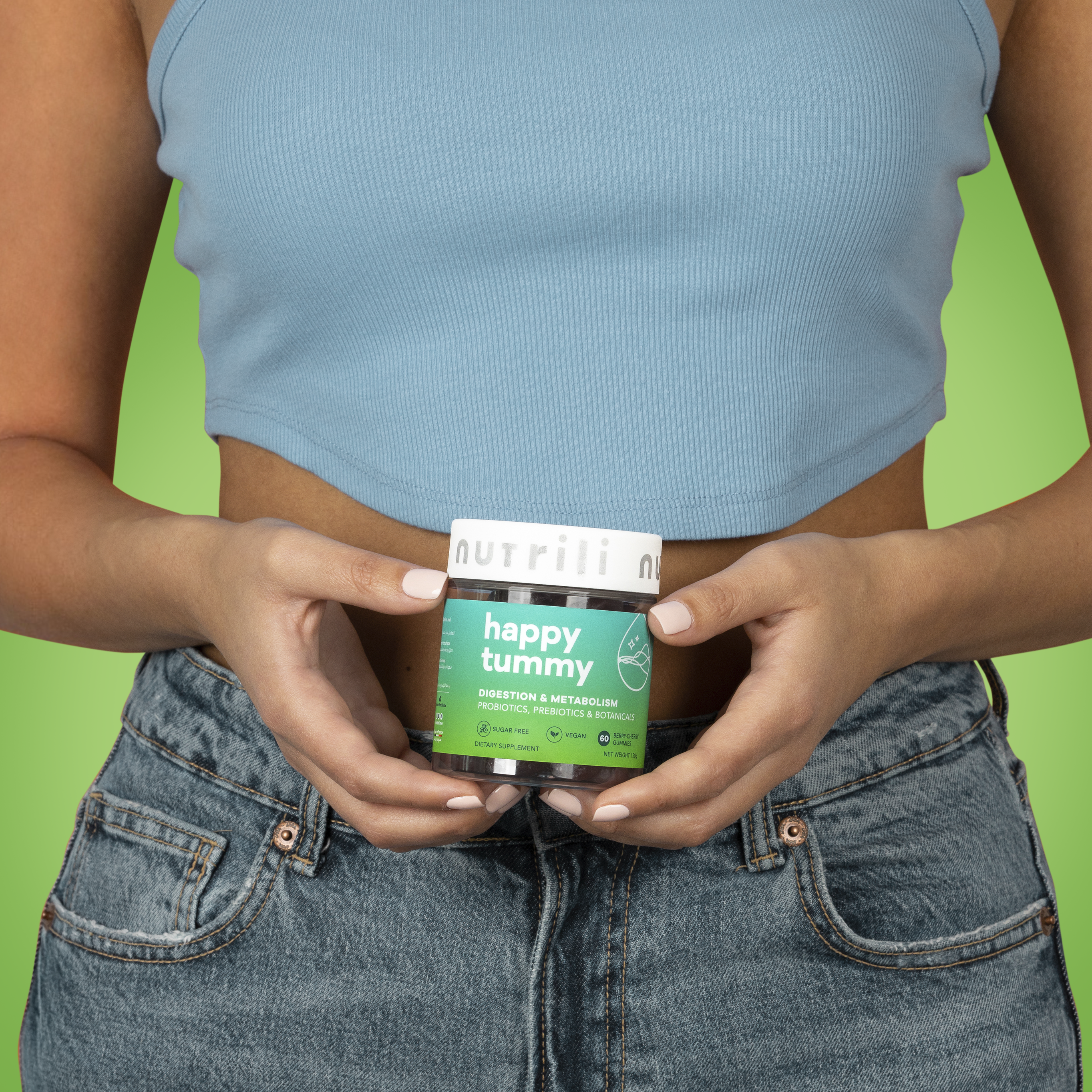











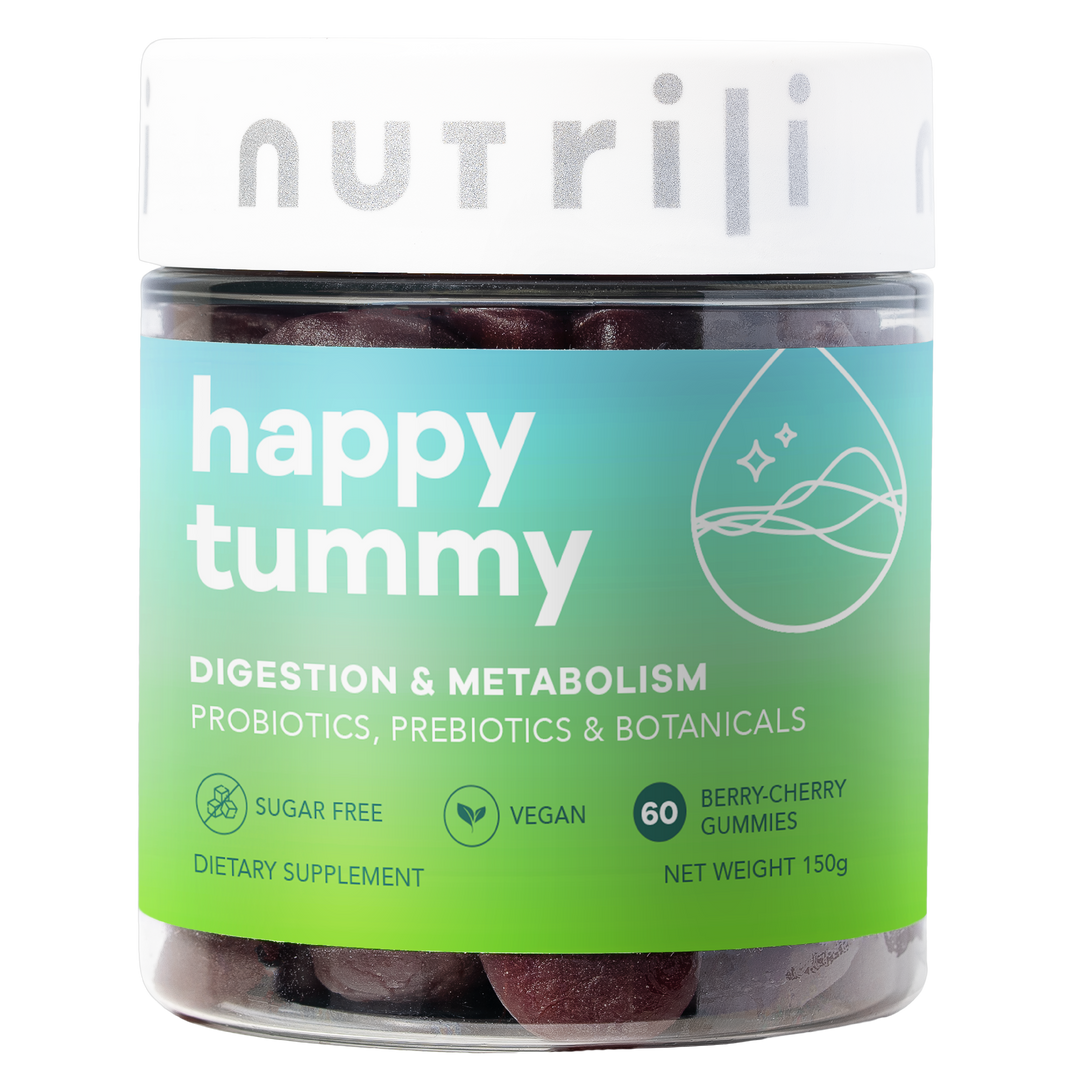
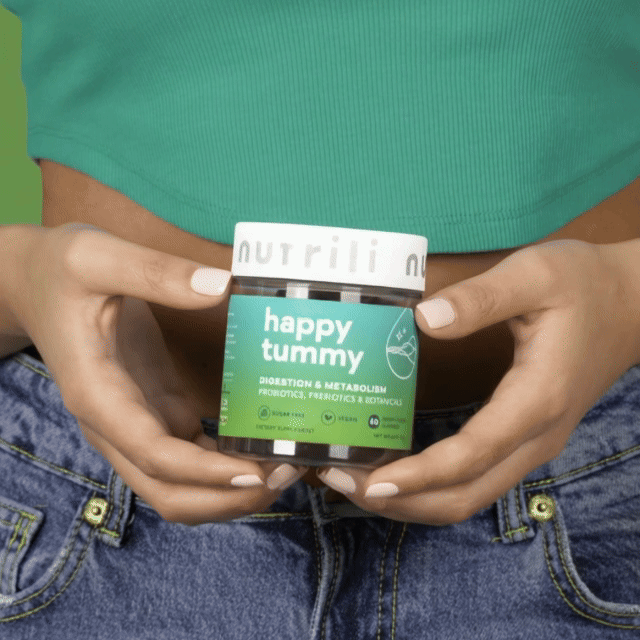




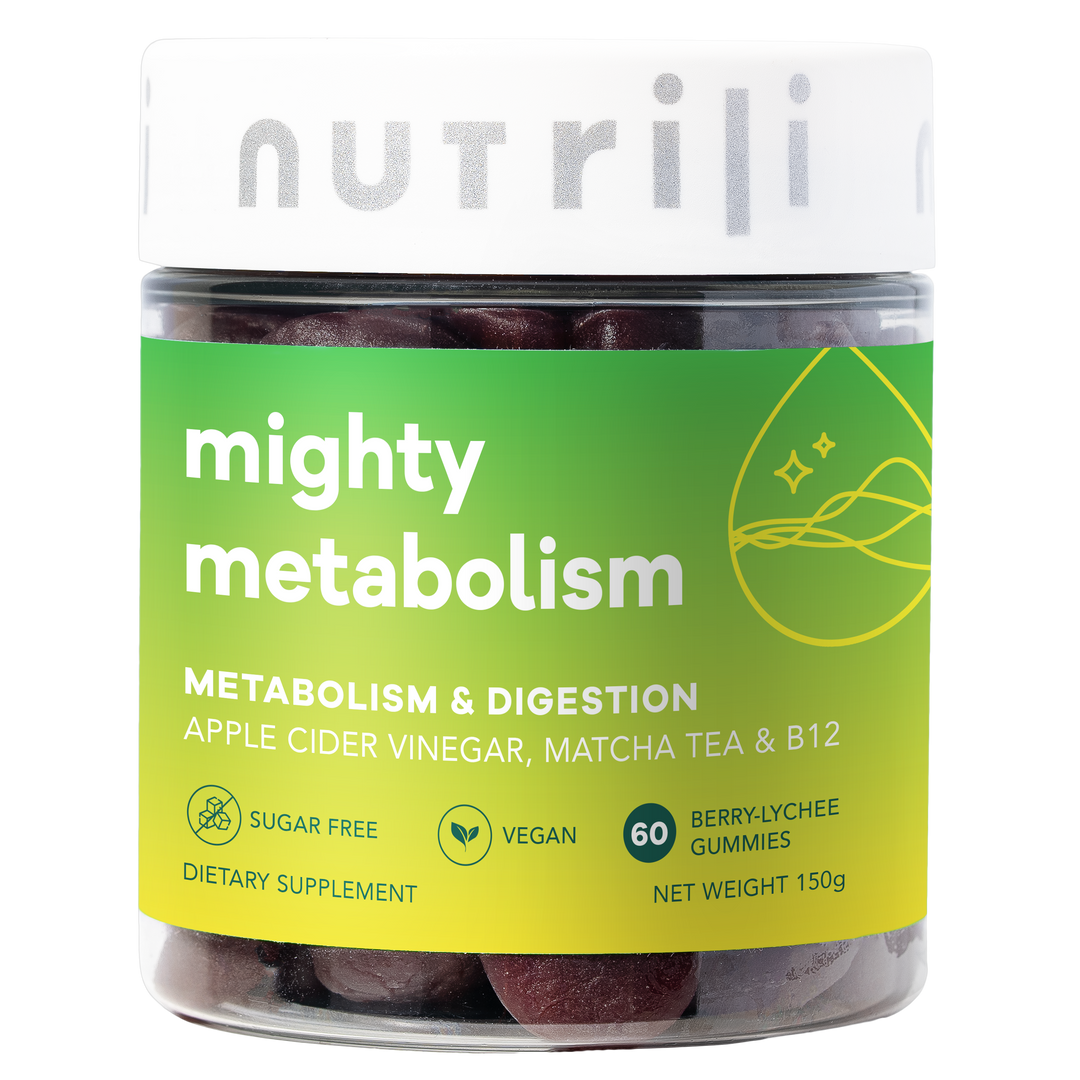
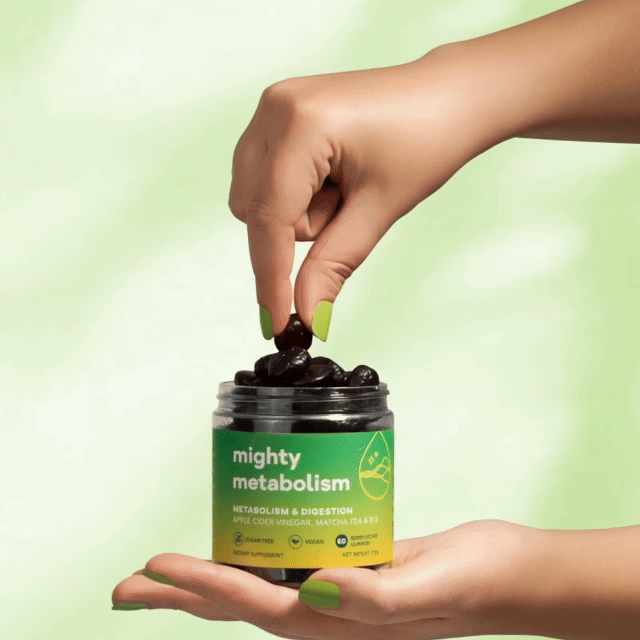
Leave a comment